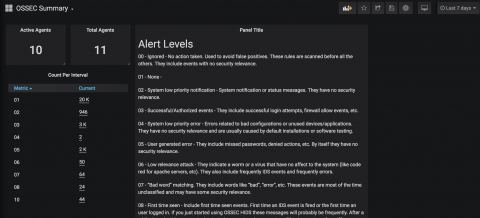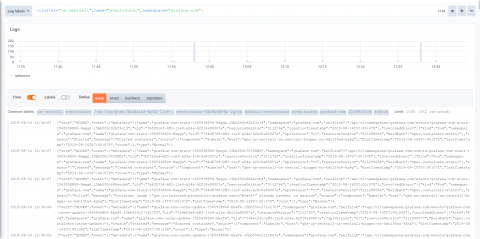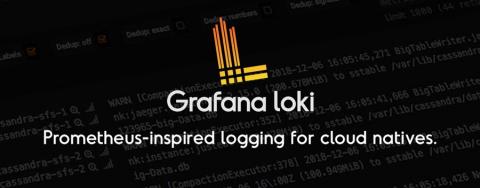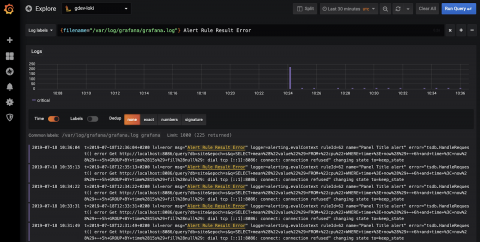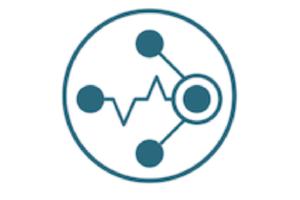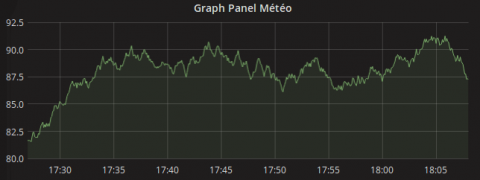Homelab Security with OSSEC, Loki, Prometheus, and Grafana on a Raspberry Pi
For many years I have been using an application called OSSEC for monitoring my home network. The output of the application is primarily email alerts which are perfect for seeing events in near real-time. In this post, I’ll be showing you how to build a good high-level view of these alerts over time with Loki, Prometheus, and Grafana.


